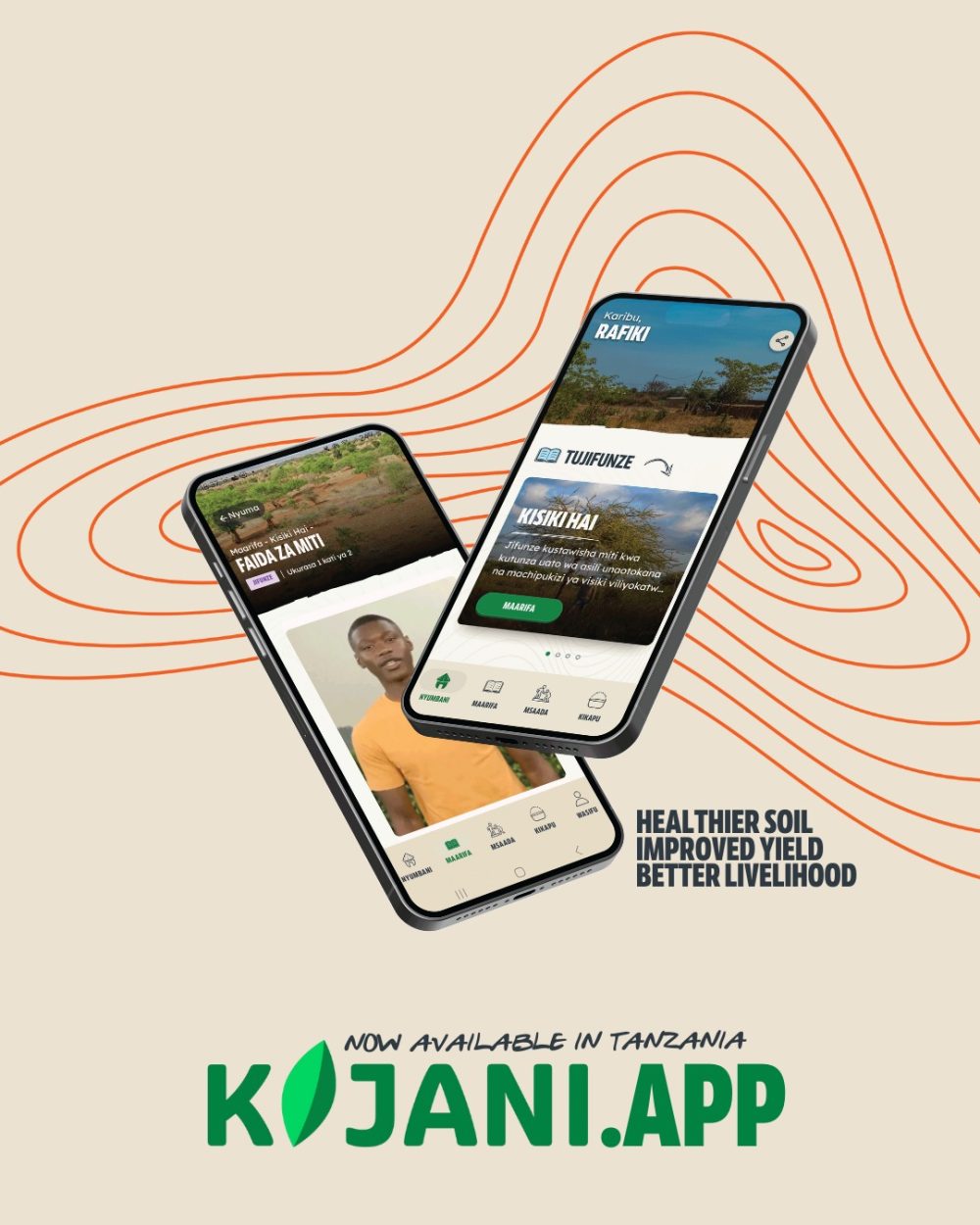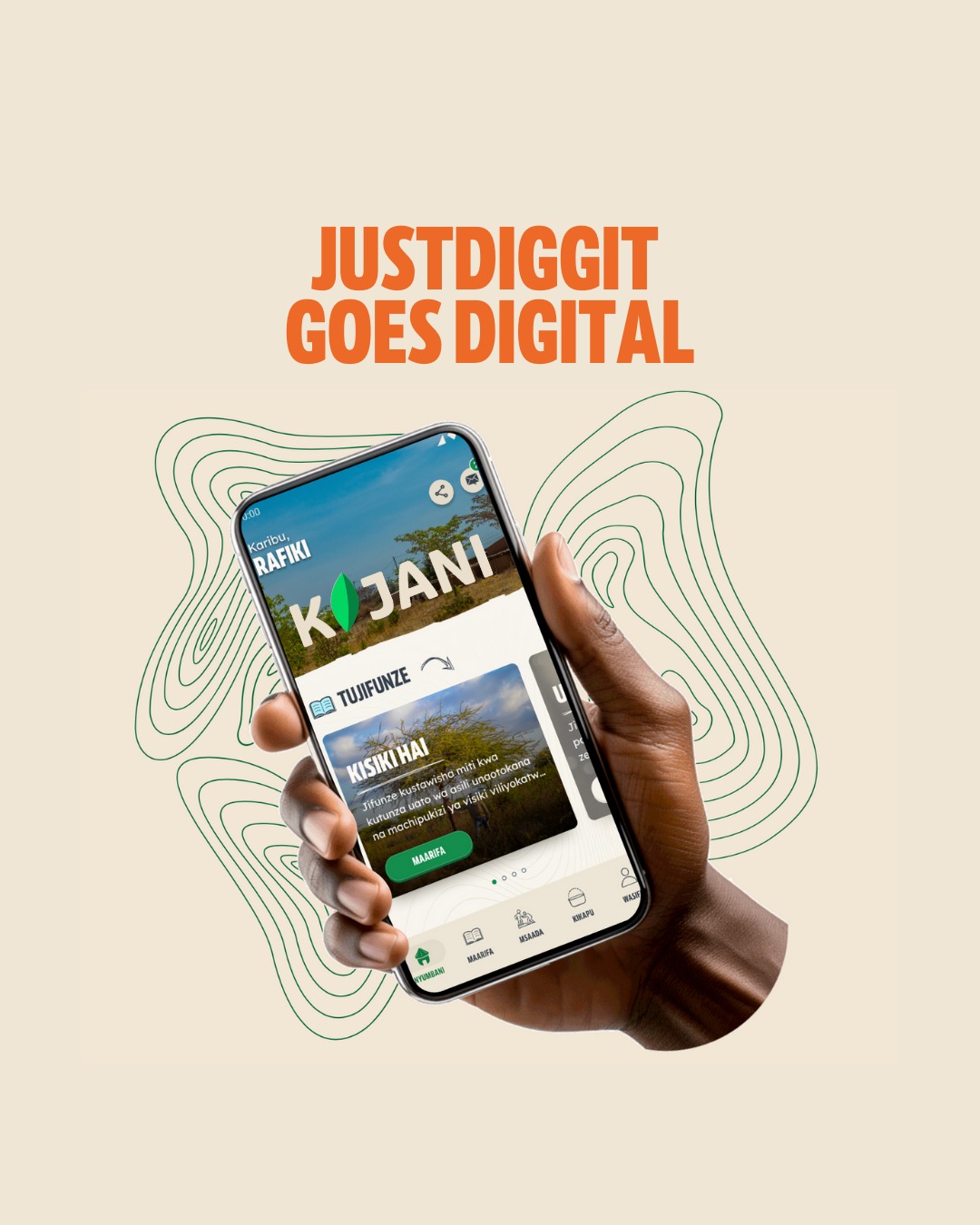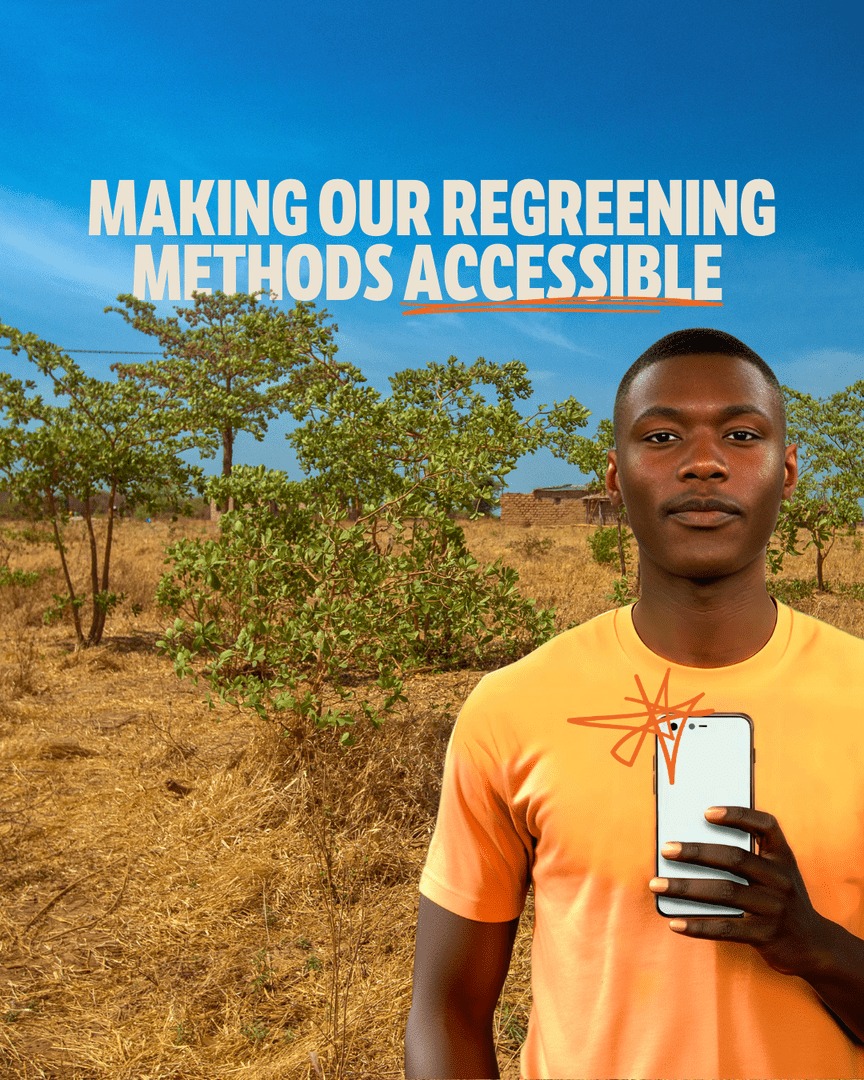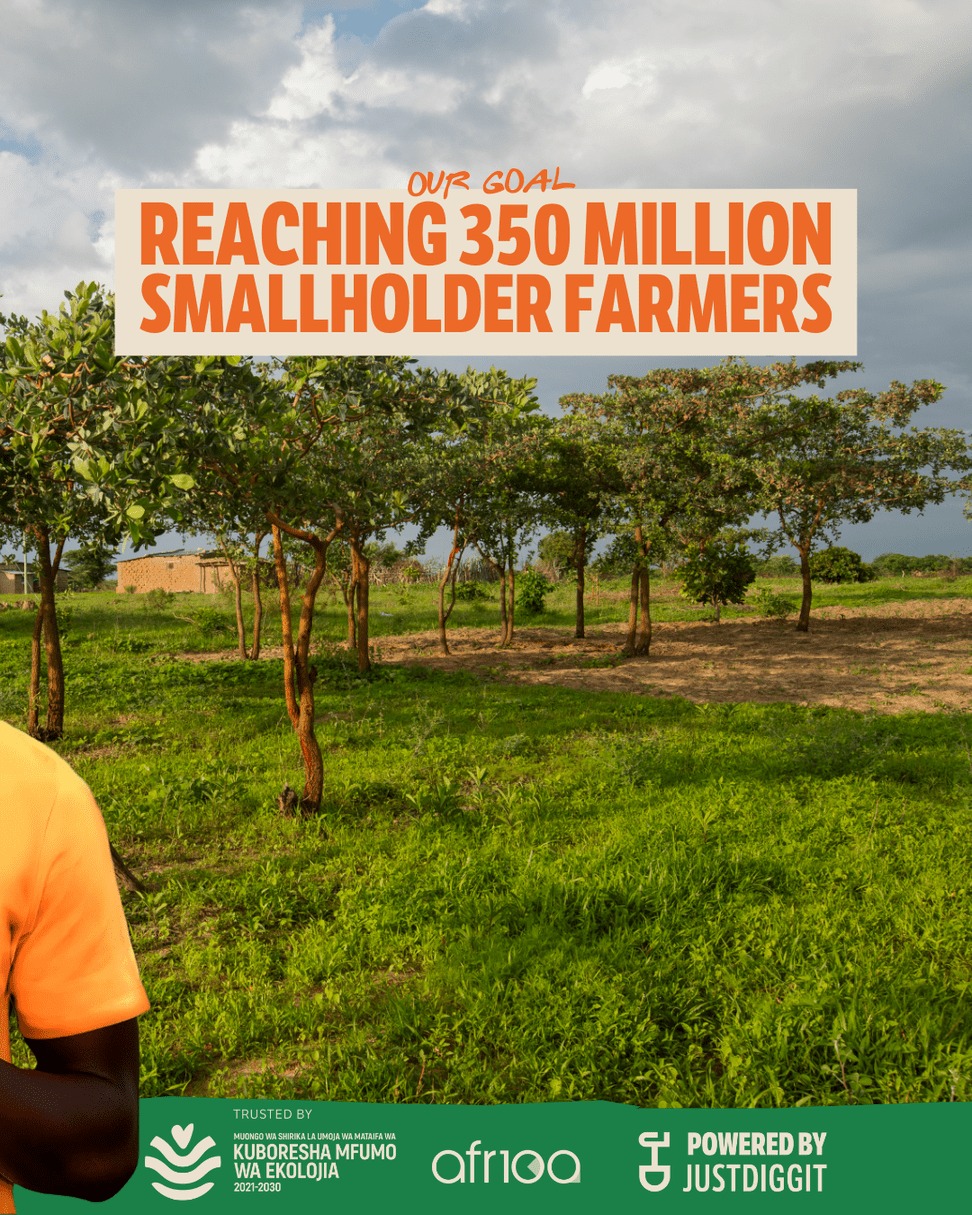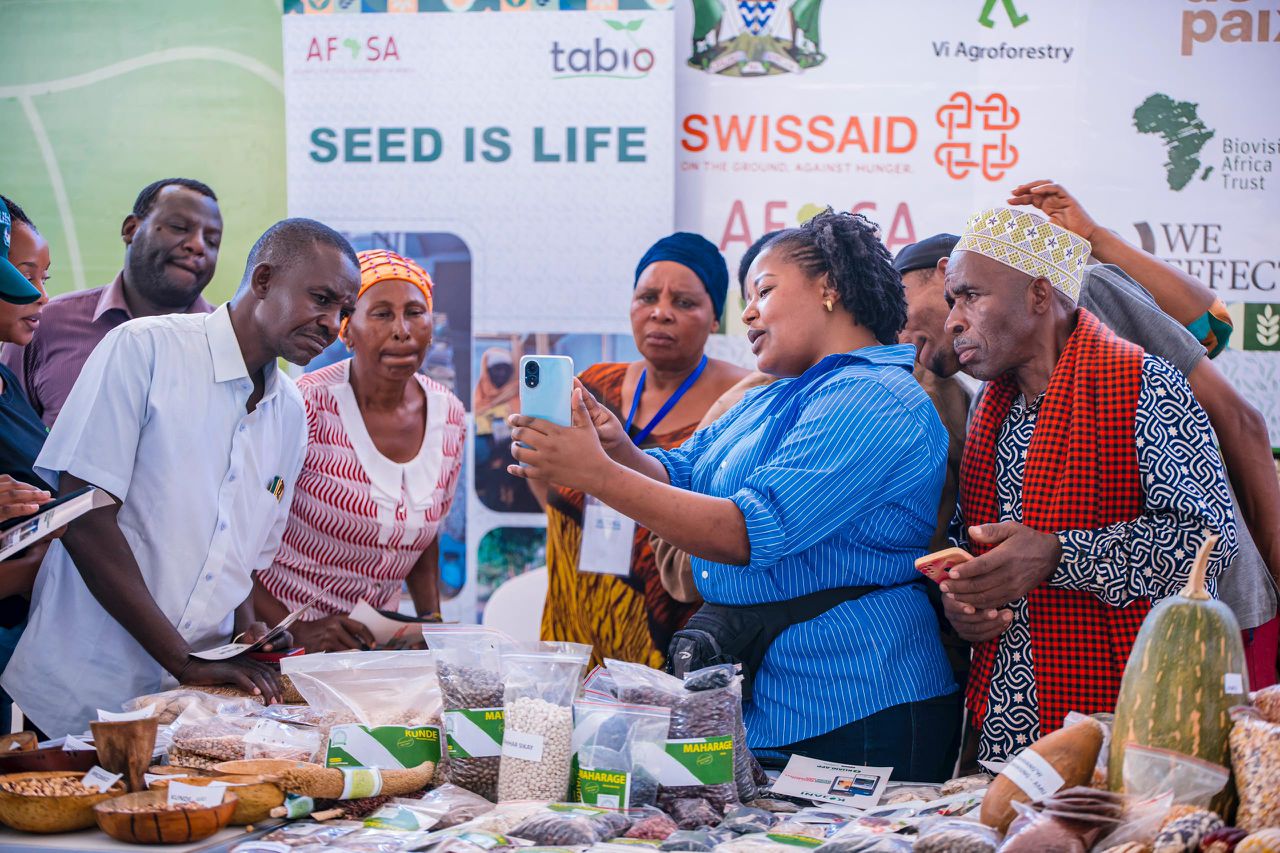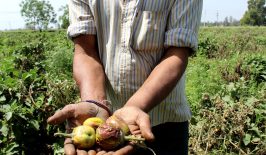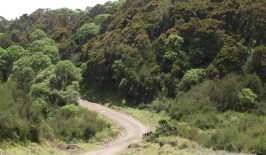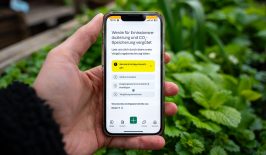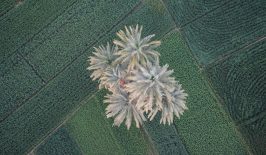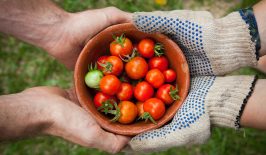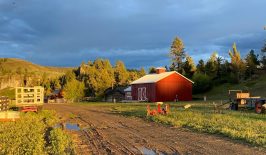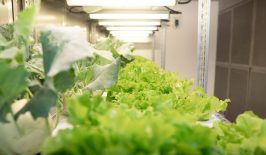The success of regreening, particularly for an expansive area, calls for the right choices. One has to choose the appropriate crops to suit a region’s climate, soils and general ecological needs.
And yet, for many smallholder farmers and pastoralists in Africa, the ability to make such choices is largely hindered by the lack of access to such knowledge. That’s why Kijani, an app that uses GPS to assist farmers in Sub-Saharan Africa (SSA) in identifying the right crops and trees to plant in their regions and nurturing them to full maturity, was devised.
Through Kijani, farmers access various tools to regreen their farms. These include digital courses on improving yields, soil health and livelihood resilience.
A digital solution for a historic problem
The initiative was launched on August 8, 2024 in Tanzania by Justdiggit, a non-profit organisation based in the Netherlands. They implement sustainable landscape restoration programs with a positive climate impact. The launch coincided with the country’s Nane Nane (Farmer’s Day). 350 million smallholder farmers in SSA are expected to benefit from this free app.
Kijani is a Swahili word that translates to “green”. The Kijani app is tailored to accelerate Justdiggit’s ongoing regreening mission by leveraging the rapidly growing adoption of smartphones in SSA. The GSMA predicts an 83 percent smartphone adoption in the region by 2030.
“We’ve seen our impact grow rapidly in recent years,” Merel Rikveld, Head of Communications Europe, told RESET in September. “We’ve already brought 18 million trees back, restored almost half a million hectares of land, and 176,000 households in Kenya and Tanzania are part of our regreening mission. But we want to go even faster. That’s why we created a digital solution, allowing us to reach more people without needing to be physically present everywhere.”
Kijani is also available for free use by other organisations working with farmers.
Engagement is an essential part of Kijani’s philosophy
Sustainability doesn’t have to be a dull or overly technical subject. The developers have made Kijani a fun and easy-to-use tool.
“Before we developed Kijani, we did a lot of research. We didn’t just take inspiration from agricultural or environmental apps, but also from apps that are fun, engaging, and popular – like Duolingo and Strava. In Kijani, we use badges, celebrations, and quizzes to make it exciting and enjoyable. And we’re still developing more gamification and community features to make it even more interactive and fun for users!”
The app also uses animations and video to make learning as engaging as possible.
Farmers can easily reach out for support and ask questions directly through the app. This enables Justdiggit to provide tailored assistance while gathering valuable insights that help continuously improve and evolve the platform.
The app also gives champion farmers (trainers) an additional tool to inspire and inform others, enabling them to reach farmers without visiting every farm.
With GPS, the app provides personalised advice to farmers, making regreening education more convenient and cost-effective.
“GPS is something we’re continuously developing,” Rikveld explained. “Right now, we have a suitability map for some of our regreening techniques. Farmers who share their location receive notifications about the courses most relevant for their specific land, making the learning process more personalised and effective for them.”
With the rollout to more African countries, more languages will soon be added. The developers also plan on localising the app with suitable courses for local landscapes with images that people can relate to.
As with any other digital technology, Kijani’s rollout faced challenges that included development delays, unexpected bugs, and a lengthy approval time in the Play Store. There were also challenges during testing, such as digital illiteracy and unstable internet connections. But, as Rikveld explained, such challenges were anticipated and the developers addressed them during development, thereby minimising their impact and ensuring a smoother and more successful launch and rollout.
The future looks green
Looking ahead, Justdiggit is upbeat about the app’s success and impact, as it targets even more farmers in its expanding mission across SSA.
“Kijani is designed to be a tool for everyone – from farmers, our core audience, to organisations working in regreening. We believe Kijani will become the go-to solution for large-scale landscape restoration. We’re continuously improving the app, focusing on enhancing gamification and GPS-related features. By partnering with Planet Labs, we’re able to use satellite data to monitor real-time impact from our users and make adjustments based on the results,” stated Rikveld.
And the world is taking note of this regreening initiative. Justdiggit is getting a prominent opportunity to showcase its innovation in the coming COP.
“As part of our efforts to promote and further develop Kijani, we’ve been invited to present at the UNCCD COP16 Innovation Stage, which is a fantastic opportunity to showcase our progress and share our vision for the future of regreening.”
